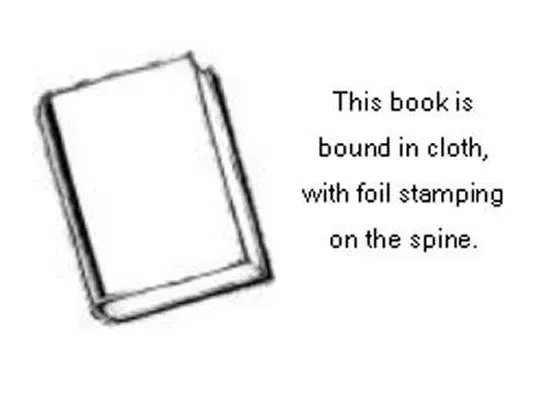Despite the collapse of the Soviet Union, Russia remains one of the most
important players, at least potentially so, in world politics. It shares
its 12,500-mile border with somer strategically important countries; it
has made tremendous contributions to science, space exploration, music,
and literature; it possesses the capacity, in the form of thermonuclear
weapons, to destroy the world. This bibliography attempts to advance the
understanding of Russia by listing, categorizing, and describing some
600 recent books concerning Russia, the Soviet Union, and the
post-Soviet Russian Federation. All books included were published
between 1991 and 1996 (inclusive), and concern some aspect of Russian or
Soviet politics, government, history, or society. The book is divided
into five parts. The first part lists reference works and books treating
Russian history in its entirety. The other four parts of this
bibliography group books by the incarnation of Russia they discuss:
medieval Russia, Imperial Russia (beginning about 1700), the Soviet
Union, and the Russian Federation. Within each part, books are grouped
into chapters on the basis of their primary focus: politics and
government, economics and industry, society and culture, and foreign
policy and military affairs. Annotations provide the focus of each book,
the author's primary argument, sources used, bibliographic information,
contents, special features, and any cross-references to other categories
that the book considers. Contains an overview of recent scholarship and
a chronology of events since the collapse of the Soviet Union in 1991.

